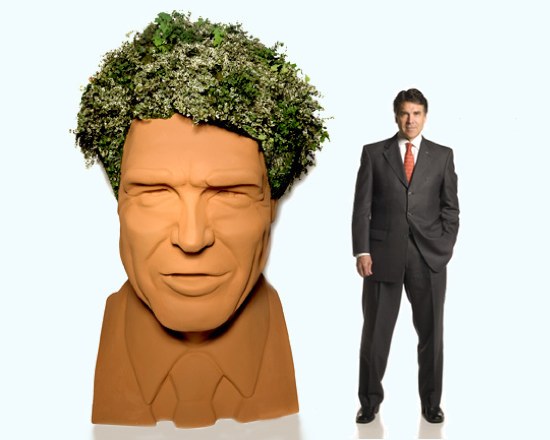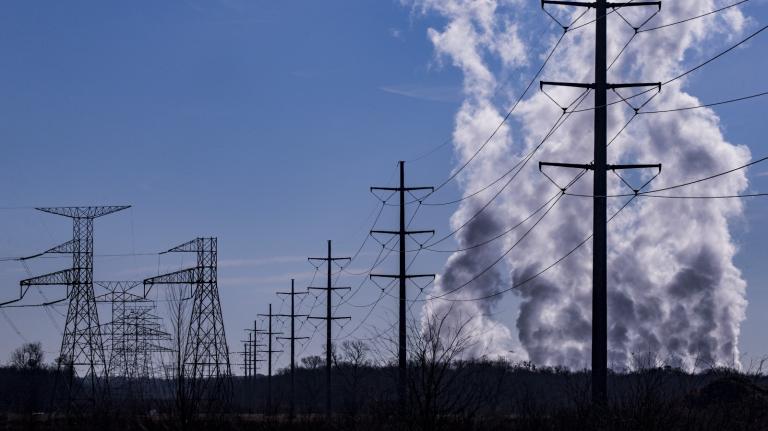Reading news from Washington D.C., while spending a week in China, it seems to me that some members of Congress are backing policies that would make America much more like China — without any of the economic benefits.
The House voted last week 249 to 169 to curtail the EPA’s ability to reduce air pollution — increasing the asthma and lung disease it causes — by passing a bill that would delay or scrap regulations to reduce harmful air emissions. The bill was astonishingly broad, including everything from mercury to carbon emissions to smog-forming gases.
And those voting in favor of the bill apparently think they know more than doctors, proposing to change health-protective limits for particulate matter, the tiny soot particles that get deep into our lungs and are blamed for asthma and heart disease. I’m guessing that some in Congress haven’t read my book, Lives Per Gallon: The True Cost of Our Oil Addiction, because if they had, they would know that these particles have been found to enter the blood stream through lung tissue and literally thicken the blood, like adding flour to turkey grease to make gravy, which can cause heart attacks. They would also know that kids living within a mile of a busy freeway lose as much as 1 percent of their lung function every year, the result of inhaling that same soot.
Welcome to China. Studies show that living in Beijing is equal to smoking two packs of cigarettes a day, with many of these same results. But at a conference in Tianjin, I heard one high-ranking government official after another declare war on air pollution and the impact it has on public health and worker productivity. And privately, many of those same officials expressed astonishment that the U.S. Congress seemed to be moving in the opposite direction.
For years, China sacrificed public health for rapid economic development and is now spending billions to clean up the mess. In the next phase of its growth, Chinese officials are cracking down on polluters and financing eco-cities and clean energy, like the one I toured in the Binhai New Area of Tianjin, to end the false choice of “green versus gold,” but the action by the House would give America neither.
While tackling air and water pollution, China is simultaneously investing in its infrastructure and creating millions of new jobs in the process. On the other hand, Congress is tying a lead weight to President Obama’s efforts to clean the air, reduce pollution-related disease and deaths, and move ahead with a new package of investment in roads, bridges, schools, and other vital infrastructure that would not only stimulate the economy, but keep us competitive with countries like, oh I don’t know, let’s say China.
Even as some have suggested that the Chinese yuan should be the new global currency to replace the U.S. dollar, we are likely to fall behind in the race to invent the future if we continue to pursue short-term financial gains over long-term public good and even greater financial security. There’s actually nothing wrong with emulating many of China’s accomplishments — but we should be focused on the way it does things today, not the China of 20 years ago.



